I live in Cascadia.

Looking into the Core of the Earth, Norris Geysir Basin, Yellowstone, Cascadia
(Home Sweet Home)
Here’s what one of Canada’s universities in our space has to say about creative and critical work. This is how The Faculty of Creative and Critical Studies at the University of British Columbia Okanagan likes to present itself to the world.
 Pretty nice stuff. Important work, even, and very Canadian for its structured and invitational inclusivity, but lest we forget, as sometimes happens when humans trained to view the world through Canadian and American class-based metaphors do, real creative and critical work looks like the image below:
Pretty nice stuff. Important work, even, and very Canadian for its structured and invitational inclusivity, but lest we forget, as sometimes happens when humans trained to view the world through Canadian and American class-based metaphors do, real creative and critical work looks like the image below:

Norris Geyser Basin, Yellowstone, September 2015
Want to see it in the winter?

As you can read in the terrible story in the link above, it’s dangerous stuff. The kind of stuff you want to get close to, though, because it hits you in your core, as it should. What it isn’t, however, is human. It can’t be humanized, and policing is obviously only a stop-gap measure. Yes, humans are important, too, as the writing program at one of the great American universities in Cascadia is clear to emphasize. Here’s what The University of Washington (Seattle)’s Program in Creative Writing has to say:
As a program we are devoted to celebrating the tradition of literature, but also arguing with and complicating that tradition. Our aim is to collaborate with students in formulating their own personal tradition, a set of influences they find simultaneously inspiring and worrying. These influences may range from comic books to surrealist poetry, from minimalist short fiction to South American magical realism, but should always be grounded in self-reflection and sustained effort to always dig deeper and wider into the vast literary landscape. We believe that artistic practice matters, that the regular application of oneself to the blank page can make one a more refined thinker and (possibly) a better person. And we believe that the contemporary writer must simultaneously stand outside the world and live in the world, that literature must be part of the lived experience of being a member of a community. To simply observe is not enough. The arts are one of the fundamental methods of examining and changing our culture, and we are aware of our responsibility as teachers and writers in this important endeavor.
All great, American stuff, but what would Cascadia itself say about that?

Steamboat Geysir Through Its Own Sulfurous Steam, Cascadia
Nothing about personal traditions there. Nothing about arguing with or complicating tradition or South American magic realism, but something for which there are no words and even images can’t approach.

This Image Does Not Replace the Sense of Being There (When You Realize that You are Looking at Your Self and it is Alien)
This is the energy that is creating (not ‘created’) Cascadia. If you live here, it pours through you, too. If you don’t live here, you might call it “nature.” That is one of the contemporary technologies that Canadian or American citizenship gives you the social power to import to this place.

It is closely linked to creativity, which is the word contemporary settler culture in North America uses for the act of claiming as human the creativity momentarily gestured to in the images above. This creativity:

Life and Death are nothing here. This is the source. To harness it in Cascadia, we have hydroelectric dams, coal-fired power plants, a nuclear-power plant, and some wind farms, as well as apple orchards, wheat fields and this, from another of Canada’s great universities in Cascadia:

Notice that the goal here is to “focus on what inspires you.” Notice how, in this case, it is technology, in forms of writing driven by parameters set by computer-coders for their own industrial ends. That’s not much different than operating this:

B Reactor Controls, Hanford Works, Cascadia
Mother of the Nagasaki Bomb
It is not about operating this:

San Josef Bay, Cape Scott, Vancouver Island, Cascadia
That task is given to technicians, industrialists, environmental scientists, marine biologists, and so on. It does not sit at the core of Canadian or American personal or social identity, the place occupied by “you”, as UVic’s Department of Creative Writing puts very well:

Notice how this “you,” this replacement for “Earth” has an ‘edge’. Exploring and extending this edge, this point at which the “you” power reaches the edges of its knowledge, and extends ‘you’ into them, in a tool-based way, is the point of this culture, and what one, presumably, goes to the university to discover. Outside of that edge, what is there is “out there” and is closed off, for protection of the self and its biological shell.

Fair enough. But let’s not forget that the Nimiipu’u, one of the greatest and most ancient of Cascadian peoples, fought for their survival on the grasslands to the north of the Bear Paw Mountains, and barely made it, and that all of this work done by Canada and America in Cascadia is rooted in this struggle.
A Spirited Rock at the Bear Paw Battle Site, Montana
It is time to speak as Cascadians. That means setting our beautiful schools and their promises of social access aside and stepping out of the selves they promise into the ones they mask and claim. A certain distance is required. Fair enough.

It’s not about ‘us’ after all. Here’s one promising path:

This is a description of the creative writing program at Okanagan College. There’s still no talk of speaking as the Earth, but this is the best of Canadian colonial literature. It brings us tools that do allow us to take that step. There’s hope, eh. Here’s our heart:

Norris Geysir Basin
We can stand there, and never move, and the whole Northwest Coast of North America will spring from our hands.
Categories: Arts, Earth, First Peoples, Gaia, Geology, Industry, Nature Photography

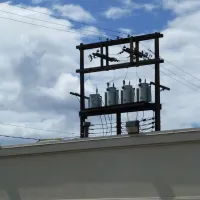
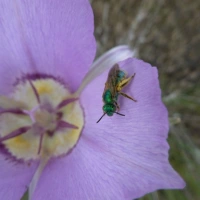
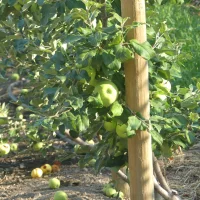
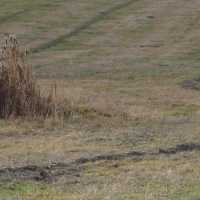
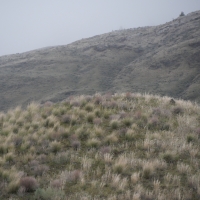
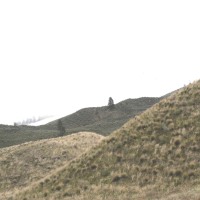
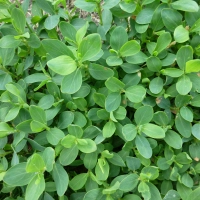
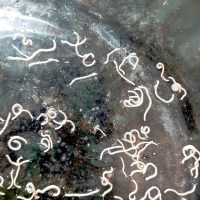

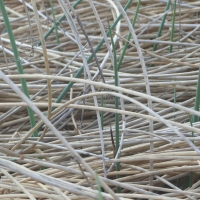
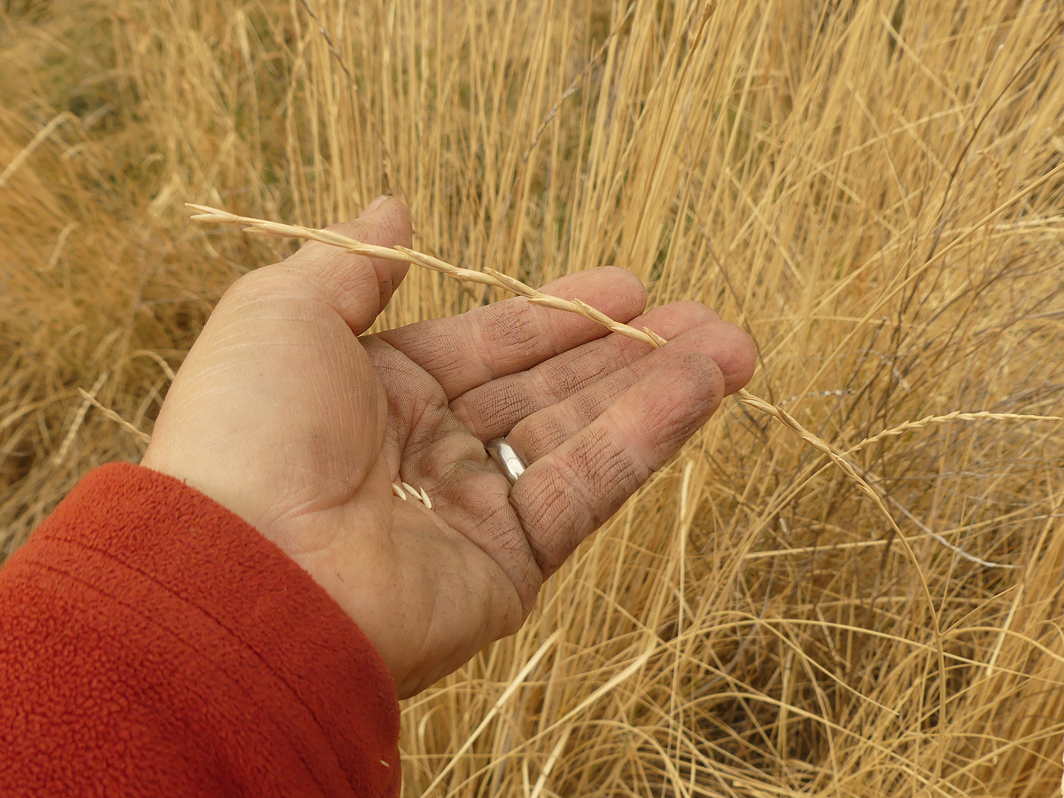

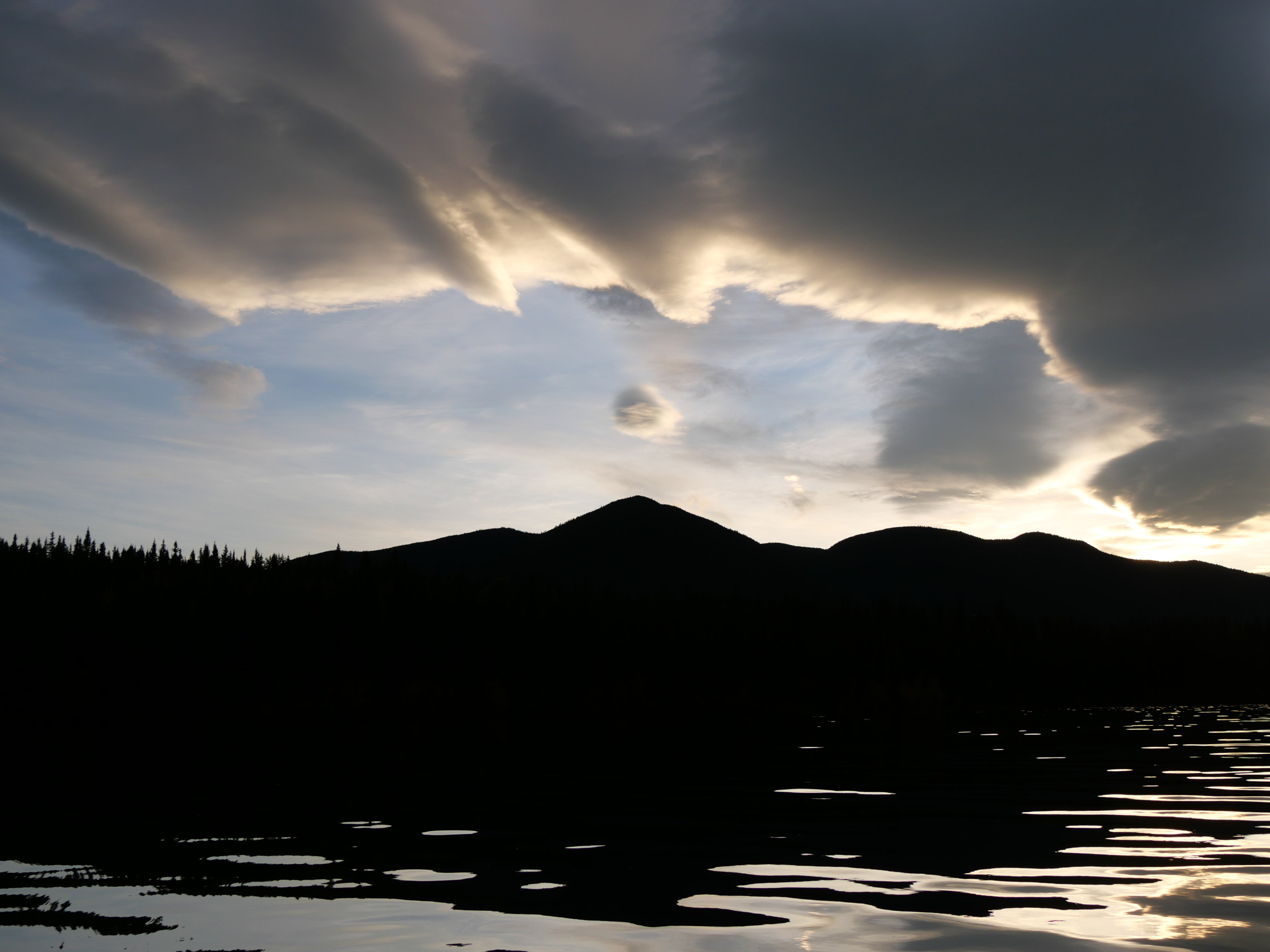
As for “creating one’s own personal traditions,” it seems to me that this is not the way things work at all. For a time, I thought I could create traditions by human will and insight of sorts. I testify to the failure of that intent.
(How does Quest University’s educational model relate to your topic?)
LikeLike
Thanks for the nudge. I’ll have a look at Quest. I forgot about them.
>
LikeLike